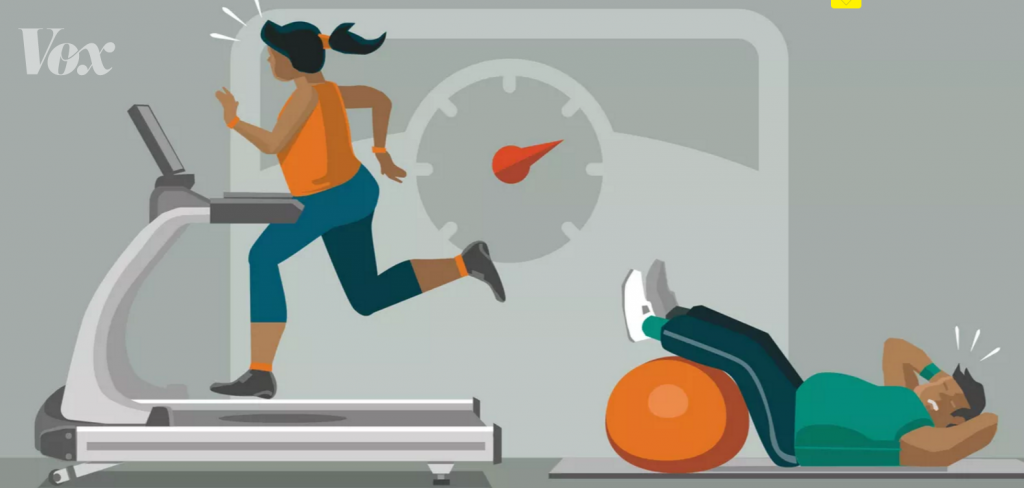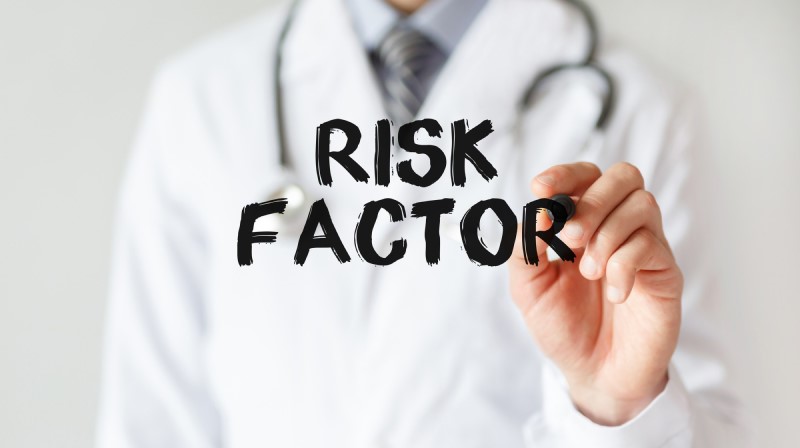Physical activity may have less to do with weight loss than we think. We have an obesity problem. But we shouldn’t treat low physical activity and eating too many calories as equally responsible for it. Public-health policies should prioritize fighting over-consumption of ow-quality food and improving the food environment and lifestyle. DietSensor shows you how.
Read the full article at: www.vox.com
Associating exercises and healthy eating is a good way to have a healthy lifestyle. Regular exercise will help the body to regulate the level of calories in the blood and you will have an effective control over the weight loss or weight gain, it will also reduce the risk of Type 2 diabetes, stroke and heart attack. A number of other studies have also shown that people who exercise are at a lower risk of developing cognitive impairment from Alzheimer’s and dementia. However, physical exercises alone will not be very productive in the fight against obesity and diabetes. Each pound loss while performing an activity will be replaced when there is food intake. This is because when the physical activity is over you either felt hungrier or because you thought they burned off a lot of calories. Due to such state of mind, you can overtake amount of calories which can be harmful to your health. To counteract such behavioral disorder, DietSensor will support you during your daily food intake by indicating the amount of calories and nutrients present in your food and guiding to have a balanced diet on a day-to-day basis. We believe that if nutrition tracking isn’t accurate, it isn’t helpful. To know more of DietSensor, visit us on DietSensor.com




